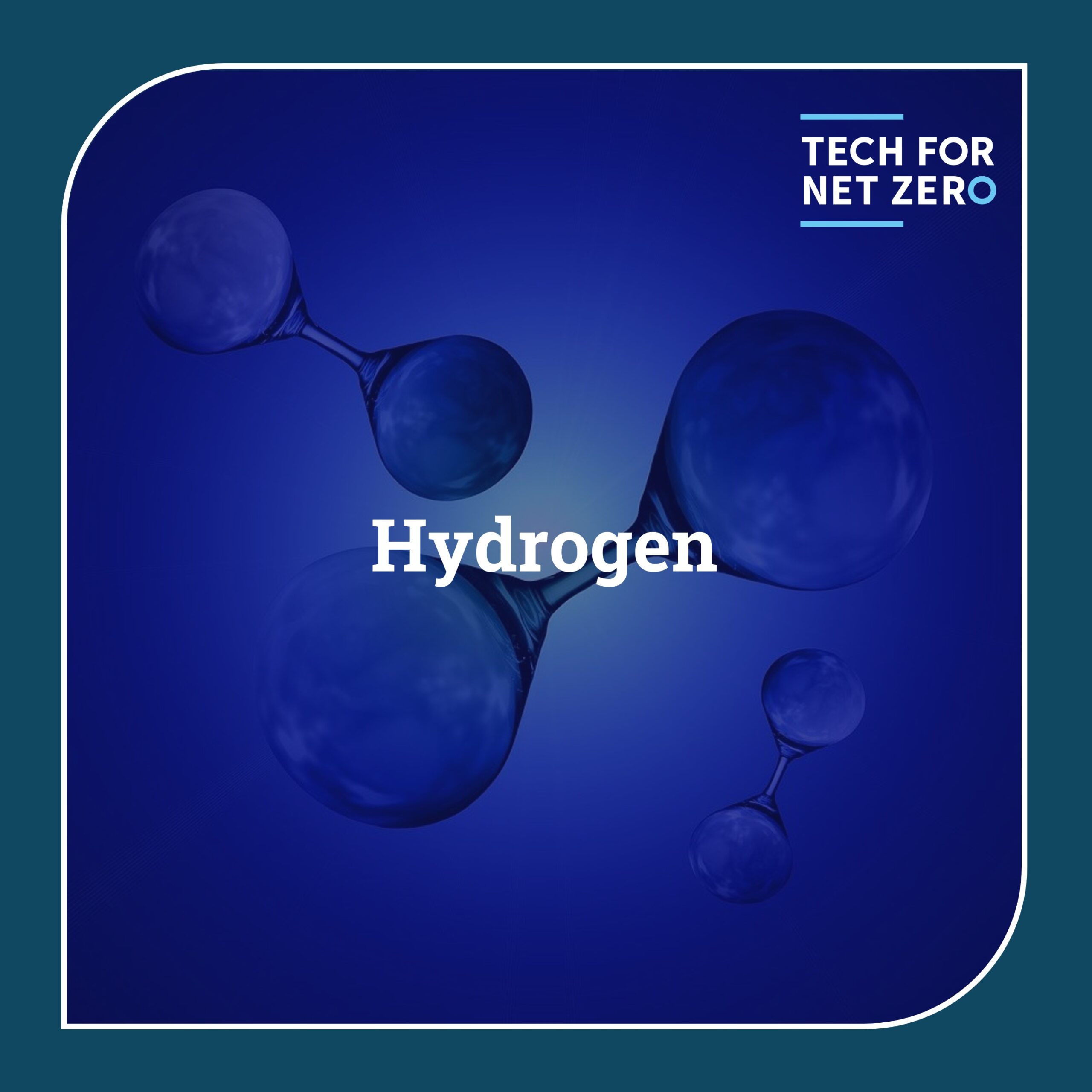cylib is setting new standards in battery recycling. The company has developed a holistic technology that achieves a recycling efficiency of 90 percent. All valuable materials from lithium-ion batteries—such as lithium, graphite, nickel, manganese, and cobalt—are recovered and reintroduced into the battery production cycle. cylib covers the entire recycling process, from discharging end-of-life batteries to recovering market-ready raw materials. Thanks to its proprietary water-based recycling method, cylib reduces the carbon footprint by 30 percent compared to conventional approaches.
The rising demand for battery raw materials presents significant challenges for the industry, as traditional recycling methods are often inefficient and environmentally harmful.
As a spin-off of RWTH Aachen University, cylib brings cutting-edge research directly to the industry. Founded in 2022 by Dr. Lilian Schwich (CEO), Paul Sabarny (CTO), and Dr. Gideon Schwich (COO), the company envisions enabling a true circular economy and resilient European supply chains by reintegrating sustainably recovered secondary raw materials.


„cylib is shaping the next generation of battery recycling. Efficient, sustainable, and uncompromising. Our technology offers a true circular economy for the industry.“
Dr. Lilian Schwich, CEO and Co-Founder of cylib






